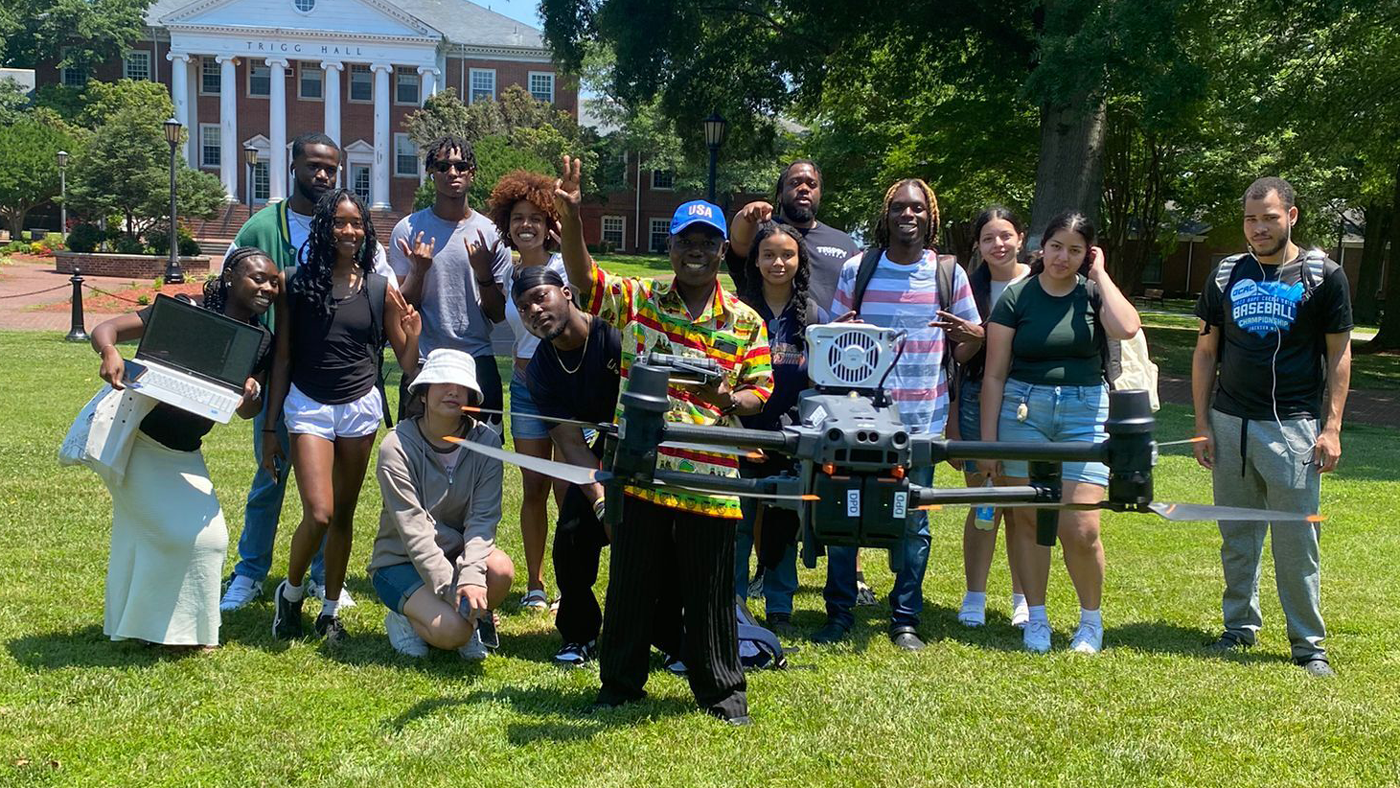Undergraduate Summer Research Internship
A 10-week paid internship program where students work with faculty mentors on applying computational and data-intensive approaches to research.

The 2025 Undergraduate Summer Research Internship will take place at Fisk University in partnership with Meharry Medical College.
This is a 10-week paid internship program that will run from June 2 to August 8, 2025. Students work with faculty mentors on cutting-edge research while learning to apply computational and data-intensive approaches in research.
The 2025 Undergraduate Summer Student Internship is funded by a National Science Foundation award #2234326.
2025 Program Highlights
- Internship hosted in Nashville, TN, at Fisk University in partnership with Meharry Medical College.
- Internship will run from June 2, 2025, to August 8, 2025.
- Internship will cover airfare, housing, meals, and a $7,000 stipend per student for the duration of the 10 weeks.
- First two weeks include training and instruction at Fisk University, followed by eight weeks working on a team-based research project.
- Students work closely with faculty mentors, graduate students, and scientific subject matter experts at Fisk University.
- Students participate in field trips, virtual group sessions with other students and mentors, and additional opportunities to engage with experts.
Who Can Apply
Eligible applicants must be currently enrolled in a science degree program. Applicants must demonstrate a strong interest in quantitative research.
Well-qualified applicants must be able to collaborate with diverse teams. Programming experience and prior research experience are valuable for this internship but not required.
Preference will be given to rising juniors and seniors.
Applications are now Closed
Applications closed on February 28, 2025,
We encouraged all eligible students to apply and take advantage of this unique opportunity to expand their knowledge and make a meaningful impact.
Contact Us
For additional information, please contact the MS-CC senior program manager, Alexia Jones, at ajones@internet2.edu.
